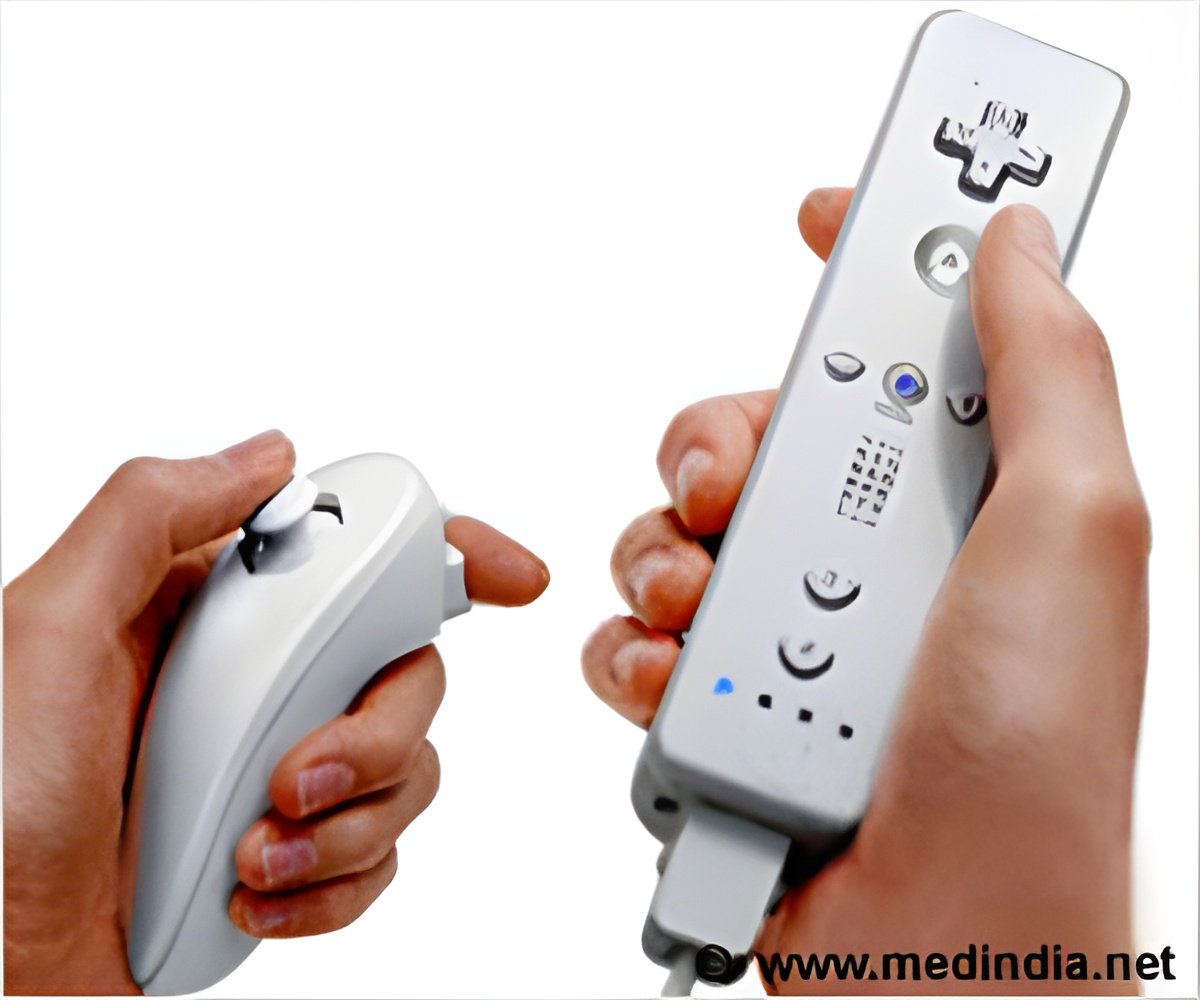
The researchers said that the patient, who suffered from a physical disability on one side as well as aphasia, interacted with the robot over a few weeks and displayed ‘notable gains in the frequency and range of the upper-limb movements’. The study has been published in the journal Aphasiology.
“In addition to improving quality of life, if we can support a client in the home so they can delay institutionalization, we can improve outcomes and make a huge impact on the cost of elder care. There are 70 million baby boomers beginning to retire now. Stroke rehabilitation is such a monumental financial problem everywhere in the world, that's where it can pay for itself”, co-author of the study, Rod Grupen said.
Source-Medindia












